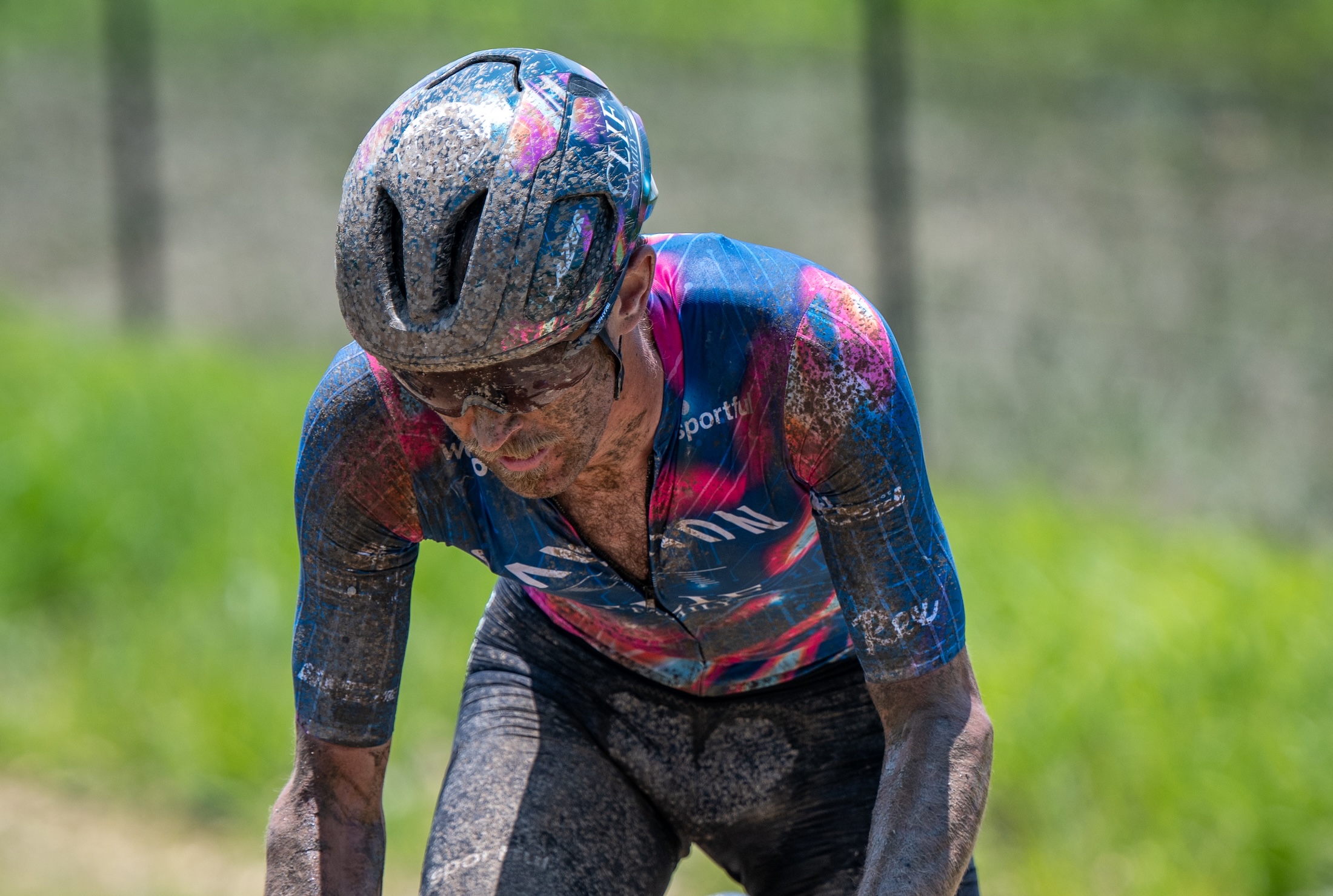Carapaz 'simply went for it' with late attack in Tour de France
Ecuadorian only pre-race GC contender to make a move on Signal D’Uchon

The latest race content, interviews, features, reviews and expert buying guides, direct to your inbox!
You are now subscribed
Your newsletter sign-up was successful
Richard Carapaz (Ineos Grenadiers) remained resolutely upbeat despite his blistering, late attack on the Tour de France’s longest stage this year failing to work out.
Previously third overall, Carapaz made his move over the top of the ultra-steep Signal d’Uchon in an attack which notably failed to spark a response from leading favourite Tadej Pogačar (UAE Team Emirates).
Teammate Dylan Van Baarle, who had been in the break, was able to provide some brief but always timely support for Carapaz as he stormed down the descent and over the fourth-category climb that followed.
Hard work from rival teams, most notably Movistar, saw an advantage which stretched to over 30 seconds at one point crumble away in the closing kilometres.
After he had been caught within sight of the finish line, Carapaz ended up where he had begun in the main group of favourites. But as he said afterwards, the important thing was that when testing his legs on a tough climb with two stages in the Alps now to come, the omens could not be better. Being the only rider in the GC group to present a real challenge to Pogačar on the toughest climb of the race so far will surely add to his motivation as well.
“It was a very hard stage throughout and I used up a lot of energy,” Carapaz said later. “We saw at the end of the day that a lot of people were suffering so I simply went for it.
“It worked out quite well. I got a 40-second gap and then we had Dylan ahead which was a great help in the final section.”
The latest race content, interviews, features, reviews and expert buying guides, direct to your inbox!
So far, so good. But then in the last part of the stage as he put it “lots of teams were interested in chasing and my breakaway had to stop.”
Carapaz did not have the best of time trials on Wednesday, losing well over a minute and a half to Pogačar. But two days later, the signs on the first series of climbs, even if they are not the Alps, are certainly good.
So despite the disappointment of not being able to stay clear on stage 7, “what I’m keeping my head is having good legs and being on the right road in general. There's a lot of the Tour still to come.”
Alasdair Fotheringham has been reporting on cycling since 1991. He has covered every Tour de France since 1992 bar one, as well as numerous other bike races of all shapes and sizes, ranging from the Olympic Games in 2008 to the now sadly defunct Subida a Urkiola hill climb in Spain. As well as working for Cyclingnews, he has also written for The Independent, The Guardian, ProCycling, The Express and Reuters.

